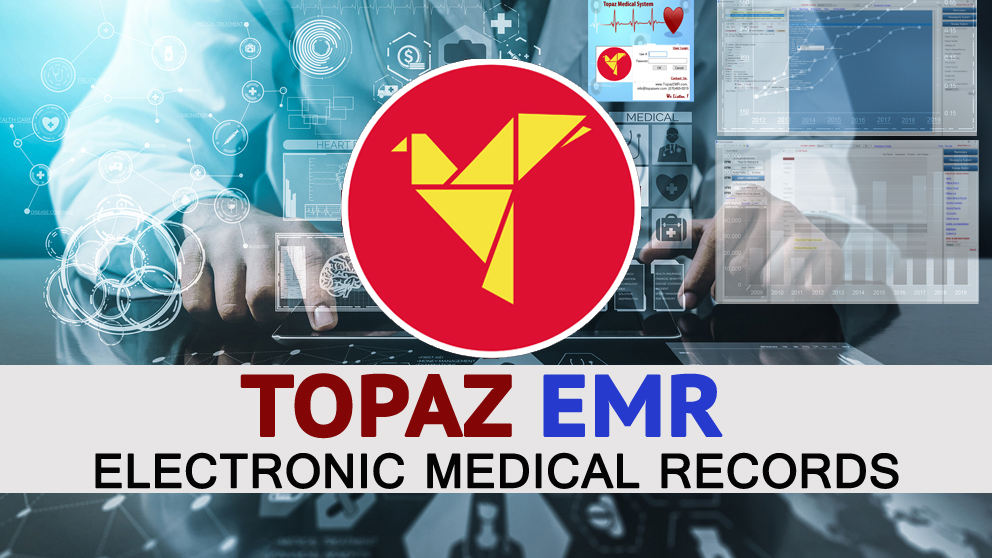Digital government matters because it can simplify essential services, strengthen trust between people and institutions, and improve efficiency. Countries like Singapore and the United Kingdom are showing what’s possible, and global collaboration is critical to shaping the next generation of inclusive, reliable, and innovative public services. The World Bank’s Digital VPU and regional teams work with governments to design and scale digital platforms and services that are inclusive, secure, and trusted, so that people everywhere can benefit from better services.
By Mahesh Uttamchandani and Stela Mocan
As recently as twenty years ago, having cash in your pocket was crucial for day-to-day life. While many stores in advanced economies accepted credit cards, cash was still critical for small merchant payments or even for transferring money to a friend or acquaintance. Writing a check was a tedious exercise, and financial institutions often took several business days to ‘clear’ funds that were deposited by check.
The advent of instant payments in much of the world changed all of that. While Findex 2025 tells us that close to 25 percent of the world’s adult population remains unbanked, for most adults in advanced and emerging economies, moving money has become much easier. In many cases, carrying cash has become unnecessary.
If money can be largely digital, why, then, hasn’t the rest of our lives moved online as swiftly? Today, the process of registering a birth or a death, proving eligibility to work or even proving one’s identification continues to be difficult and tedious. These often require certification of paper documentation by third parties.
If you drive a car in the United States, chances are that you have a little piece of plastic in your purse or wallet that certifies that you are entitled to drive. In contrast, if you live in Kazakhstan, South Korea, Singapore, or a number of other countries, these little plastic cards are a thing of the past because you can have a digital driver’s license.
A global collaboration to advance digital governance
When digital government works well, it helps people access essential services more easily, opens opportunities, and makes development more inclusive. This is why the Singapore government annually hosts the Digital Government Exchange (DGX). The conference brings together chief information officers, chief technology officers, and other senior officials from digitally advanced governments to exchange ideas and experiences on how digital technologies can simplify and improve citizens’ lives. The World Bank engages with partners in forums like DGX and beyond to help countries design and implement inclusive, resilient, and trusted digital government systems—sharing lessons, building capacity, and financing solutions that can scale.
At the latest DGX convening, government digital teams from Iceland, UK, New Zealand, Finland, Australia, Germany, Japan, and Singapore highlighted why this matters now. Investing in digital government is urgent because it strengthens systems’ reliability, helps potentially disparate government agencies work better together, and embraces innovation to more effectively tackle challenges like outdated systems, rising technology costs, cybersecurity risks, and regulations that aren’t keeping up with the rapid pace of tech changes.
Safe adoption of AI technologies in government
One of the key questions, still to be answered, is: How do we re-imagine government processes and service delivery for an AI-enabled world?
Countries are already showing what’s possible. In Ukraine, the government is leveraging AI to power the services delivery app Diia. In Singapore, the government is using AI to improve customer satisfaction and enhance citizen-centric public services. Its AIBots program is helping its public servants to embrace AI and build their own AI chatbots.
Good digital government depends on trust
Trust grows when services are designed to be simple and useful for everyone. For example, the UK government has been leveraging human-centric design to transform services and meet users’ expectations. Its online platforms—such as those for GOV.UK, Universal Credit, and passport applications feature minimalistic visuals, clear language, and intuitive navigation so that people can accomplish what they need more easily online.
In Iceland, the digital government team’s goal is to “simplify people’s lives,” demonstrating how digital investments deliver benefits across the country through service transformation and digitalization. Icelanders avoided up to 511 driven trips around the country and 859 days by using the online application for criminal records services. Digital Iceland has also developed a methodology to evaluate the benefits of digital processes. By consolidating 51 government websites into one place at island.is, the government has reduced costs by approximately €5.3 million (roughly $5.78 million).
Recent research shows that, if used responsibly, generative AI could further improve public services. This strengthens trust between governments and citizens.
As people’s demands and expectations for better government and services will continue to grow, and technology will keep accelerating exponentially, it is important that we keep learning from peers, and join efforts to re-imagine, innovate and co-create the next generation of digital government and service delivery for impact at scale.
Why this matters
- Good digital government makes services easier to use, opens doors, and includes everyone.
- Investing in digital government is urgent because it drives innovation against outdated systems and rising risks.
- As expectations grow and technology speeds up, we must learn, innovate, and collaborate to shape the next generation of digital government.
The post Designing digital government for everyone appeared first on Caribbean News Global.


